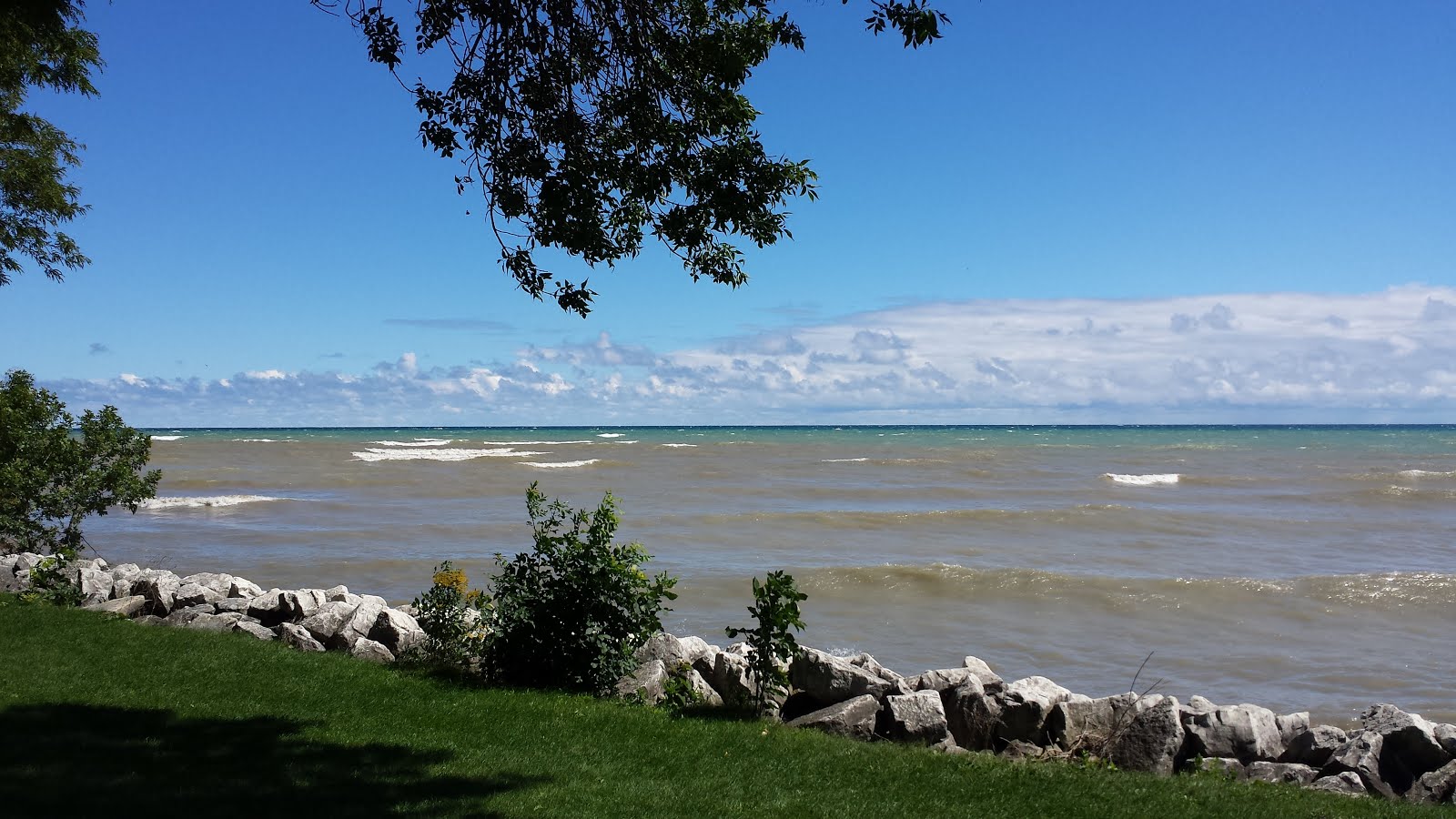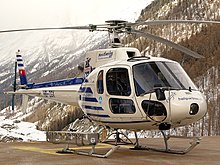[Updated from 4:35 p.m.] Former WI DNR Secretary, outspoken business cheerleader and current US EPA Great Lakes regional director Cathy Stepp said last year that Foxconn was everything she and Walker had been hoping for.
Stepp may be gone, but the "chamber of commerce mentality" Walker wanted her to embed there is leading the way, 24/7/365.
To the Wisconsin DNR's unsurprising and speedy approval of Foxconn's air pollution permits yesterday you can add, despite considerable public opposition and concerns from other Great Lakes states an equally unsurprising and lightning-fast Wisconsin DNR green-light today so the company can get diverted Lake Michigan water,
 the DNR reports in a 3:04 p.m. email notice, below.
the DNR reports in a 3:04 p.m. email notice, below.
Spoiler alert: while comments in opposition predictably fell on deaf ears, the DNR thanks you for your input:
The department has taken the comments under consideration in issuing the approval and drafted a comment and response document available by searching the DNR website, dnr.wi.gov for keywords "Racine diversion."
"We received approximately 800 comments on the Racine application, which shows the public's strong interest in this topic," said Adam Freihoefer, water use section chief for the Bureau of Drinking Water and Groundwater. "We appreciate the public's involvement and I thank those who took the time to comment."
Update: Note that
I mentioned earlier this month that Walker had smoothed the way for Foxconn by positioning Atty. Matt Moroney, a former Walker staffer and Deputy to DNR Secretary Stepp for four years as the state's coordinating point man for Foxconn:
And do not forget that he has installed as the state's Foxconn project liaison Attorney Matt Moroney, a Governor's office senior staffer and former DNR Deputy Secretary who, prior to his Walker administration service was a builders' association official who had opposed the Great Lakes Compact's diversion exceptions as impediments to business...
And also understand that a state judge recently made a strong ruling in support of the Public Trust Doctrine, the Wisconsin Constitutional Article IX language which mandates that a) Wisconsin's waters by right belong to everyone and, b) the DNR is duty-bound as the people's trustee to protect that right and preserve access to state waters for the public's benefit.
[Dane County Circuit Court] Circuit Judge Valerie Bailey-Rihn ruled that the ]groundwater' permits ran afoul of a constitutional provision requiring state government to protect water for the public.
“This Court is bound by nearly 120 years of precedent and a long rich history in the State of respecting the Wisconsin Constitution and its fundamental protection of the waters of the State for the enjoyment of all,” Bailey-Rihn wrote in a decision she issued Wednesday.
So: Stay tuned, and involved.
-------------------------------------------------------------------------
MADISON, Wis. - The Department of Natural Resources issued an approval today allowing the city of Racine to divert an annual average of 7 million gallons a day of water from Lake Michigan for its customers within the village of Mount Pleasant. The village of Mount Pleasant straddles the divide between the Lake Michigan basin and Mississippi River basin.
For perspective, the total surface water withdrawn from Lake Michigan from all states in 2016 was reported as 9.6 billion gallons per day by the Great Lakes Commission. Racine's requested 7 million gallons per day withdrawal would only amount to a 0.07 percent increase in the total surface water withdrawals from Lake Michigan. This withdrawal would still put the Racine water utility under its existing withdrawal capacity and below its 1995 average day water sales number as cited in its application.
Straddling community diversion applications are regulated under the Great Lakes Compact, which took effect in 2008. The process allows communities that straddle the Great Lakes basin divide to apply to divert Great Lakes water.
The village of Mount Pleasant lies predominantly in the Great Lakes basin, and the Racine Water Utility already serves over 5,000 residential customers in the village of Mount Pleasant.
The diversion approval allows the Racine Water Utility to extend public water service to the 8 percent of the village that is in the Mississippi River basin, partially including the Foxconn facility site. Because Racine's public water system will continue to serve a group of largely residential customers, including the straddling community of Mount Pleasant, the DNR determined that Racine's proposed diversion is for "public water supply purposes."
As part of the diversion approval, the city of Racine must ensure that the diverted water is returned to Lake Michigan minus consumptive use such as evaporation. The water returned to Lake Michigan will be treated at the Racine Wastewater Treatment Plant to meet all applicable state and federal water quality discharge standards. Any industrial customers, such as Foxconn, will work with the City of Racine to meet pretreatment requirements for wastewater.
Again, for perspective, Lake Michigan rose 56.3 inches between January 2013 and August 2017. (
NOAA GLERL Dashboard - exit DNR). By comparison, the annual consumptive use water loss caused by the diversion from Lake Michigan would be about .0025 inches or about the thickness of a lightweight (12 bond) sheet of paper.
After receiving the application in January, the DNR invited the public to provide comments on the application, and received public testimony at a hearing in early March in Sturtevant. The department has taken the comments under consideration in issuing the approval and drafted a comment and response document available by searching the DNR website,
dnr.wi.gov for keywords "
Racine diversion."
"We received approximately 800 comments on the Racine application, which shows the public's strong interest in this topic," said Adam Freihoefer, water use section chief for the Bureau of Drinking Water and Groundwater. "We appreciate the public's involvement and I thank those who took the time to comment."
-------------------------------------------------------------------------------------
You might want to try and square the state and DNR actions with regard to Foxconn, the Kohler golf course wetland permit approval and state park land transfer, the Monroe County wetland filling and timber stand destruction permit and a host of additional environmental travesties - - all catalogued
here - - with what the DNR still claims as
its mission statement:
To protect and enhance our natural resources:
our air, land and water;
our wildlife, fish and forests
and the ecosystems that sustain all life.
To provide a healthy, sustainable environment
and a full range of outdoor opportunities.
To ensure the right of all people
to use and enjoy these resources
in their work and leisure.
To work with people
to understand each other's views
and to carry out the public will.
And in this partnership
consider the future
and generations to follow.





















